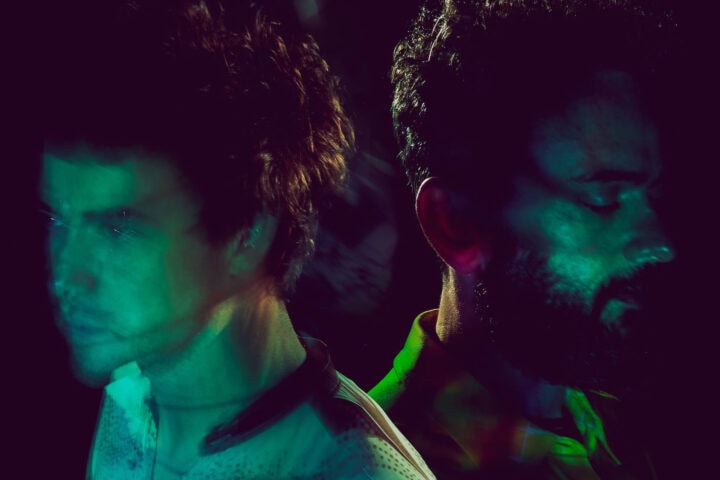Mary Timony’s Untame the Tiger is notable for its layered and decisively foregrounded acoustic and electric guitars. The classically trained singer-songwriter made her name in the 1990s as part of the alt-rock band Helium, and as a solo artist she’s dabbled in psychedelia, prog-rock, and blues- and South Asian-inflected folk music. But while a few of the songs here—the title track, “The Dream,” and “No Thirds”—feature synth strings, the majority of the album sticks to a traditional rock-trio lineup with occasional percussion flourishes.
Untame the Tiger also has a specific time and setting in mind: early 1970s Britain. “No Thirds,” for one, is built around droning guitars that nod to Richard Thompson. Like Thompson, Timony is unfashionably fond of guitar solos, which distill the mood of her songs down to their purest element. In her hands, the guitar is alternately capable of crying and shouting as she bends notes or plays in unconventional tunings on tracks like “Looking for the Sun.”
“The Guest” conjures the strung-out languor of the Rolling Stones’s Sticky Fingers, with Keith Richards-worthy guitar licks, but the source of those feelings is far different: The song was inspired by Timony’s experience serving as a caretaker for her dying parents. She sings about embracing loneliness at a pace and tenor that’s more depressed than relaxed: “Am I driven to emptiness or does it just come to me?” she wonders. Elsewhere, “Summer” yearns for an eternal season with her loved ones, while admitting that it’s an impossible fantasy.
Timony doesn’t mythologize her experiences the way so many musicians, especially male ones, do. With this, her fifth solo album, she’s left behind the world of magical animals and imaginary beings she once used to sing about, but her melodies and arrangements retain a touch of the timeless and otherworldly. A key lyric from the song “Dominoes”—“You really can’t love without letting go”—may be the album’s credo, but Timony’s eloquence as a musician makes the depth of feeling behind that line recognizable even without words.
Since 2001, we've brought you uncompromising, candid takes on the world of film, music, television, video games, theater, and more. Independently owned and operated publications like Slant have been hit hard in recent years, but we’re committed to keeping our content free and accessible—meaning no paywalls or fees.
If you like what we do, please consider subscribing to our Patreon or making a donation.


